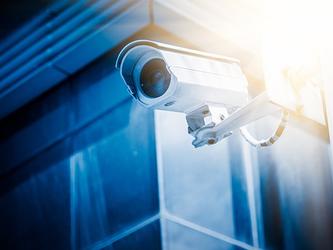US government agencies plan to increase facial recognition

The GAO surveyed 24 federal agencies about their use of facial recognition during the 2020 fiscal year, finding that 18 reported using the technology for one or more purposes.
Of the 24 agencies surveyed, 10 said they planned to expand their use of facial recognition between 2020 and 2023, including the departments of homeland security, commerce, defence and justice.
The most common application of facial recognition was for digital access or cybersecurity, with 16 agencies reporting that they used the technology for this purpose. Of those, 14 agencies authorised their personnel to use facial recognition to unlock their agency-issued smartphones, which was the most common purpose of the technology reported by agencies in the survey.
Six agencies reported using facial recognition for domestic law enforcement to generate leads in criminal investigations, for example, identifying a person of interest by comparing their image against other headshots.
The technology is also used to monitor locations to determine if an individual is present or to control access to a building, with five agencies reporting that they used the technology for surveillance purposes.
Additionally, 10 agencies said they were carrying out facial recognition-related research and development, for example, to test its ability to identify individuals wearing face coverings during Covid-19.
The use of facial recognition has been criticised by privacy rights campaigners and regulators. In the UK, information commissioner Elizabeth Denham set out rules on the use of live facial recognition in public places earlier this year, saying that the technology could threaten people’s privacy.

We hope you enjoyed this article.
Research Live is published by MRS.
The Market Research Society (MRS) exists to promote and protect the research sector, showcasing how research delivers impact for businesses and government.
Members of MRS enjoy many benefits including tailoured policy guidance, discounts on training and conferences, and access to member-only content.
For example, there's an archive of winning case studies from over a decade of MRS Awards.
Find out more about the benefits of joining MRS here.














0 Comments